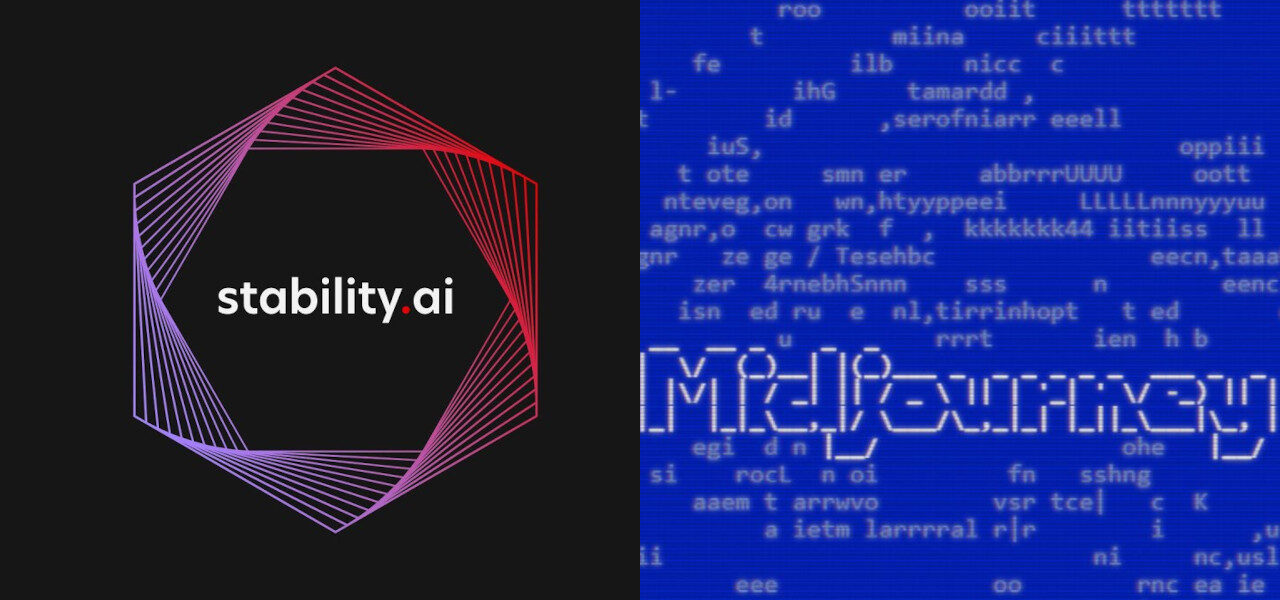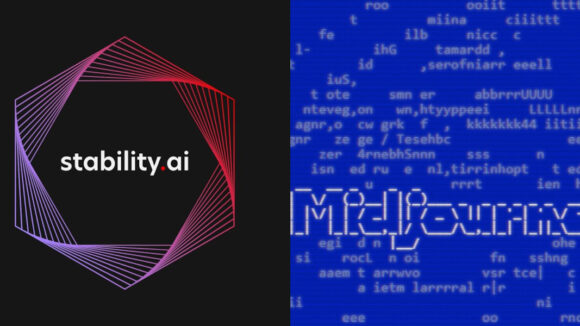

Class-Action Lawsuit Filed Against Stability AI, Midjourney, DeviantArt
Three artists — Sarah Andersen, Kelly McKernan, and Karla Ortiz — have filed a class action lawsuit against Stability AI, Deviantart, and Midjourney for their use of the image-generating models Stable Diffusion and Midjourney, described by the complaint as “21st-century collage tool[s] that remixes the copyrighted works of millions of artists whose work was used as training data.”
The claims: According to a post by the trio’s attorney Matthew Butterick, Stable Diffusion uses unauthorized copies of millions, if not billions, of copyrighted images to train a generative AI system to “remix these works to derive (or ‘generate’) more works of the same kind” without the knowledge or consent of the original artists. The resulting images then compete with the originals on the open marketplace, flooding it with an endless number of copies or near copies that permanently damage artists’ ability to participate in the now-oversaturated marketplace. The complaint can be downloaded here as a PDF.
Who are the plaintiffs? Sarah Andersen is an Eisner Award-nominated cartoonist and illustrator based in Portland, Oregon who produces the comic strip Sarah’s Scribbles. Kelly McKernan, based in Nashville, is an exhibiting painter who has produced commissioned work for books, comics, and games. And Puerto Rican artist Karla Ortiz is a concept artist who has worked in the illustration, video game, and film industries, and whose clients include HBO, ILM, Ubisoft, and Marvel Studios.
Who are the defendants? Based in London, Stability AI is the developer of Stable Diffusion as well as DreamStudio, a paid app that packages Stable Diffusion in a web interface. Deviantart, owned by Israeli tech company Wix.com, has been one of the largest artist communities online for more than two decades but caused a stirm late last year when it released the paid app DreamUp, an image-generating program built around Stable Diffusion. Midjourney, founded in 2021 by Leap Motion co-founder David Holz, is a text-prompted image generator available through Discord and a web app.
Legal representation: The lawsuit was filed by Butterick and the Joseph Saveri Law Firm, which specializes in class action lawsuits. Butterick is not only a lawyer, but a writer, designer, and programmer who is no stranger to AI-based litigation. He and Saveri Law Firm are also currently suing Microsoft, GitHub, and OpenAI regarding the AI programming software CoPilot for its “unprecedented open-source software piracy.”
Does the lawsuit want to eliminate AI enitrely? From the vocabulary in Butterick’s statement, it doesn’t sound like it. In fact, he says the goal of the lawsuit is to take “another step toward making AI fair and ethical for everyone.”
The case for the defense: The defendants are likely to claim fair use of the images used to build their databases, which is a significant legal gray area at present. The rules aren’t yet well defined, and this case could have major implications if it goes to trial.
Meanwhile, others knowledgeable in the field have criticized the lawsuit for containing technical inaccuracies that will hurt its chances in court, should the case get that far. In one example, Butterick’s filing accuses the defendants of storing millions, or billions, of images, claiming: “By training Stable Diffusion on the Training Images, Stability caused those images to be stored at and incorporated into Stable Diffusion as compressed copies.”
University of Sussex reader of intellectual property law Dr. Andrés Guadamuz (aka Technollama) disagrees and explains on his website: “This is not what happens at all, a trained model does not have copies of the training data, that would create an unwieldy behemoth of unfathomable size. What happens is the creation of clusters of representation of things, namely latent space.”
Those types of factual inaccuracies, Guadamuz argues, are sure to be a major part of the defense’s case and could prove decisive in the eventual outcome of this lawsuit.

.png)

